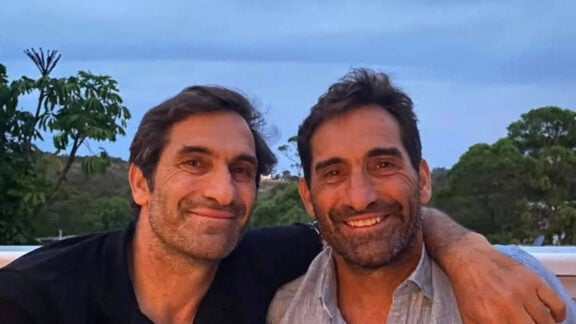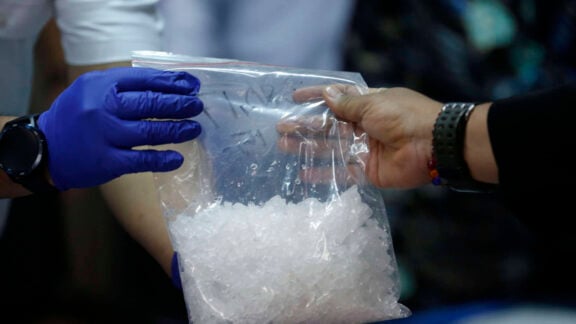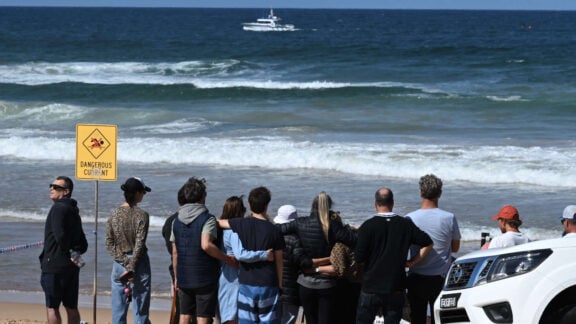The April 22 terrorist attack by Lashkar-e-Taiba on Indian tourists in Pahalgam has serious implications for Greece and its growing strategic relationship with India. Lashkar-e-Taiba, designated as a terrorist group under UN Security Council Resolution 1267 (1999), is trained and supported in Pakistan. The attack in Jammu & Kashmir claimed 26 civilian lives, including a Nepalese national — the highest toll in India from a terrorist incident since the 2008 Mumbai attacks.
A brutal wake-up call
The victims were reportedly interrogated about their religion, with non-Muslims targeted for execution. The killings were carried out with extreme brutality — most were shot in the head at close range in front of their families. The trauma was not incidental but part of a calculated campaign of psychological warfare aimed at intimidating civilians and spreading terror.
Pakistan’s legacy of terrorism
Pakistan has long used terrorism as a tool of statecraft, having harboured internationally wanted terrorists — including Osama bin Laden. “Pakistan’s reputation as the epicentre of global terrorism is rooted in a number of instances… I don’t need to remind where Osama Bin Laden was found and who called him a martyr,” said India’s Foreign Secretary Vikram Misri, in a press briefing with Colonel Sofiya Qureshi and Wing Commander Vyomika Singh.
In response to the Pahalgam massacre, India launched Operation Sindoor, targeting terrorist infrastructure in Pakistan and Pakistan-occupied Jammu and Kashmir. Among those neutralised was Abdul Rauf Azhar, an al-Qaeda and Jaish-e-Mohammed affiliate involved in the 2002 murder of Wall Street Journal journalist Daniel Pearl and the 1999 hijacking of Indian Airlines Flight IC 814.
Global reactions: Divided loyalties
Greece’s Foreign Ministry strongly condemned the terrorist attack in Jammu and Kashmir, India. In a statement posted on social media, the Ministry described the assault in the popular tourist town of Pahalgam as “heinous” and a “tragic loss,” expressing solidarity with India. Israel, Russia, Armenia, and France have also expressed support for India’s actions, recognising the need to dismantle terrorist safe havens.
In stark contrast, Turkey and Azerbaijan have backed Pakistan. Turkey’s state broadcaster TRT Global openly condemned India, parroting Islamabad’s position and accusing India of provoking war. Turkey’s Foreign Ministry echoed this stance, stating: “We condemn such provocative steps as well as attacks targeting civilians and civilian infrastructure.” This statement ignored the original act of terror that claimed 26 innocent lives.
Pakistan’s escalation and India’s measured response
According to India’s Ministry of Defence, on the night of May 7–8, Pakistan launched missile and drone attacks on multiple Indian military targets, including Srinagar, Jammu, Amritsar, Chandigarh, and more. These attacks were effectively neutralised by India’s Integrated Counter-UAS and Air Defence systems.
India responded proportionately, striking Pakistani air defence radars and military positions. Shelling across the Line of Control intensified, resulting in the deaths of 16 Indian civilians, including five children. Indian Armed Forces have reiterated their commitment to non-escalation, contingent upon reciprocal restraint by Pakistan.
Pakistan admits its role of harbouring terrorists
In a moment of honesty, Pakistan’s Defence Minister Khawaja Muhammad Asif admitted in an interview that Islamabad had supported terrorist organisations for 30 years, calling it “dirty work” done on behalf of the West. Former Foreign Minister Bilawal Bhutto confirmed Pakistan’s “past,” suggesting the consequences are still being felt domestically.
Following India’s Operation Sindoor, Azerbaijan sided with its “all-weather friend” Pakistan. In an official statement (No: 184/25), Baku condemned India’s counterterrorism strikes and referred to the terrorists as “innocent victims.” This blatant whitewashing of terrorism underscores Azerbaijan’s alignment with Pakistan and Turkey in opposing democratic and secular nations such as India, Greece, Armenia, and Cyprus.
The Turkey-Pakistan military axis
Turkey’s support for Pakistan and Azerbaijan goes beyond rhetoric. Turkish C-130 Hercules aircraft reportedly delivered military supplies to Pakistan last month. A 2021 agreement formalised Turkey’s position as Pakistan’s second-largest arms supplier after China, with 10% of Ankara’s exports between 2020 and 2024 destined for Islamabad.
Ankara and Islamabad are also collaborating on a joint facility for Turkish-designed fighter jets. Their cooperation extends into international diplomacy — Turkey backs Pakistan on Kashmir, while Islamabad supports Turkey’s claims in Cyprus.
Why this matters for Greece
The growing alignment between India, Greece, Armenia, and Cyprus is no longer optional — it is imperative. With Pakistan, Turkey, and Azerbaijan collaborating militarily and diplomatically, democratic nations committed to human rights and the rule of law must form stronger defence and strategic alliances.
The Pahalgam massacre, Operation Sindoor, and subsequent global reactions reveal a sharp divide between nations confronting terrorism and those enabling it. Greece, which has its own history of confronting Turkish aggression and regional instability, must deepen its strategic relationship with India and likeminded countries.
Ceasefire violation and call for accountability
Although a US-brokered ceasefire was recently agreed upon, Pakistan has reportedly violated it multiple times. Indian Foreign Secretary Vikram Misri said on Saturday that “there had been repeated violations” and called on Islamabad to “take appropriate steps to address these violations.”
The pause in hostilities and the first quiet night in days offer a glimmer of hope — but with talks between military chiefs still delayed, lasting peace between the nuclear-armed neighbours remains uncertain.
*Arunansh B. Goswami is Neos Kosmos’s India Correspondent. He is a legal advocate and historian who contributes opinion, and travelogue.









